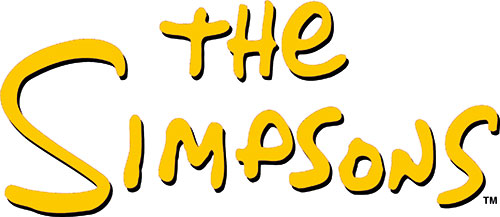The Simpsons: Most Societal Impact Television Series Global 2017

Simpsonology – the study of life in Springfield – has turned into a serious academic pursuit. Already the longest-running cartoon series in television history with 29 seasons and 627 episodes, The Simpsons depicts not just contemporary life but dissects the wider society as well. Prescient and omniscient in surprising ways, the series predicted Donald Trump’s arrival in the White House (Bart to the Future – S11E17), the FIFA corruption scandal (You Don’t Have to Live Like a Referee – S25E16), the voting machine debacle (Treehouse of Horror XIX – S20E04), and Apple’s FaceTime (Lisa’s Wedding – S06E19), amongst many others.
The series – the product of a collective of geeks and high-brow intellectuals – takes it cue from history. Mr Burns, the evil owner of the Springfield Nuclear power plant and the town’s richest and greediest inhabitant (Forbes estimated him to be worth some $7.3bn), is loosely based on Alvin Brewster, the scheming owner of the fictional Nitro Chemical plant in This Gun for Hire – an obscure LA noir classic from 1942. Womanising Springfield mayor Joseph Fitzgerald “The Edge” Quimby takes his character traits from John F Kennedy whilst Elvis Presley’s personal pill-pushing physician Dr George Nichopoulos provided the inspiration for the eager-to-please local quack – “you’ve-tried-the best, now-try-the-rest” – Dr Nicholas Riviera, or simply Dr Nick.
With a cast of 153 regular and recurring characters joining the core family of five (Homer, Margie and their children: rebel rouser Bart, aspiring intellectual Lisa, and little “what’s-her-name” Maggie), The Simpsons represent a complete universe – a veritable Planet Simpson.
The makers’ attention to detail is legendary – nothing that appears on screen is there without a reason. Some elaborate scenes – such as the split-second camera pan just before the couch gag – can only be appreciated by hitting pause at the exact moment. Almost every scene is a reference to something else and whilst most viewers pick up on allusions to Star Wars and Jaws, true Simpsons aficionados ferret out and lay bare direct links to literature, science, and assorted theorems. As a collage of cultural phenomena, The Simpsons is often considered television’s first and most successful foray into postmodernism, defined as an aesthetic of quotations.
The CFI.co judging panel notes that L’Osservatore Romano, the official newspaper of the Vatican and mouth-piece of the pope, branded accident-prone Homer Simpson a “model father” for never wilfully failing his family. The paper praised the series for providing a mirror of the “religious and spiritual confusion of our times” and particularly mentioned the episode (Homer the Heretic – S04E03) in which Homer ascends to heaven to have words with God about the meaning of life. At the end of a stairway to heaven, Homer finds God seated behind a desk adorned with a plaque that reads “I Believe in Me.”
As the series that brought the counterculture mainstream, and was awarded cult status even as it did so, Planet Simpson seems to have come alive. It is a real place: a playground where trends and events are explored and parodied – sketching both the futility and value of life. The judges do not know the meaning of life either but agree that The Simpsons’ take on it has many merits and warrants recognition with the 2017 Most Societal Impact Television Series Award.


















